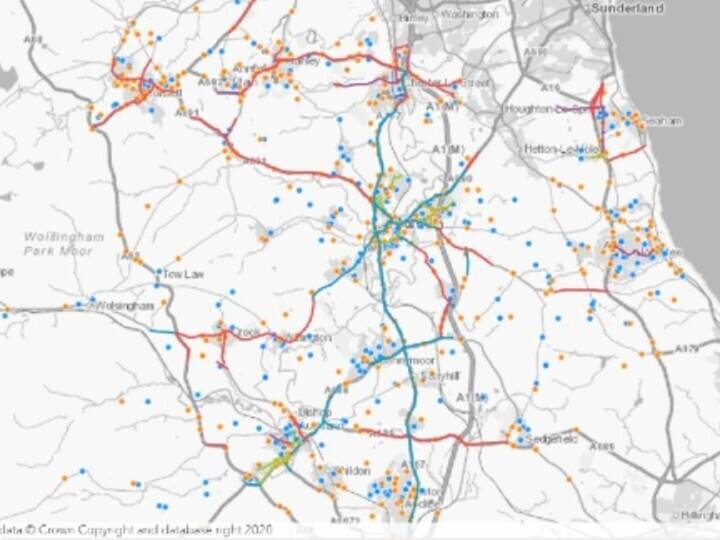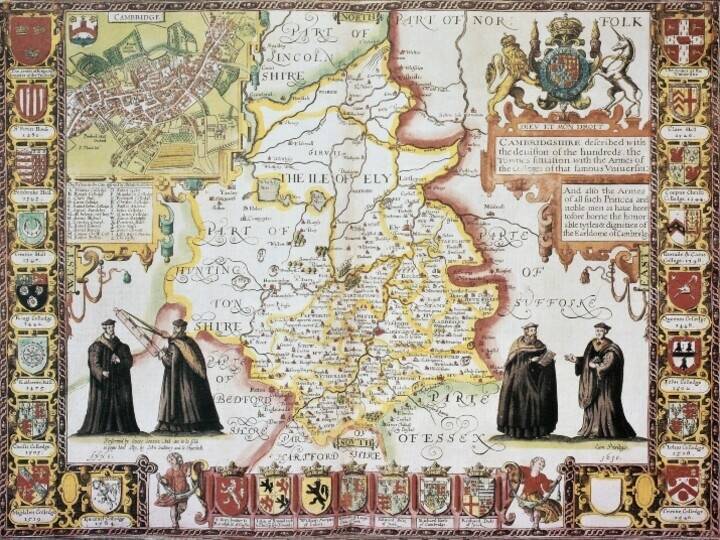Delivering service improvement through addressing: Kingston-upon-Hull City Council.
At Kingston-upon-Hull City Council, customer contact has been modernised through the ‘Hull Connect’ call centre. Citizens dialling the 300300 number are greeted by an adviser who can access information on all council services and deal with the majority of calls to conclusion, without having to re-direct to the service area. One phone call is enough for most transactions.
Joining-up data and government
Hull Connect has been made possible largely thanks to Kingston-upon-Hull’s ready adoption of the LLPG which provides a standardised address framework to join up government. As a result, the council’s datasets can be linked together into a CRM tool enabling this one-stop-shop service approach.
The case for using the council’s LLPG to underpin the call centre was obvious to Graham France, Hull’s Head of Service Re-engineering and Development.
‘Most of the service requests into our call centre are attached to a property, which is then linked to that person’s relationship with the property. We knew, therefore, that the LLPG sat at the heart of our modernisation and appreciated the benefits it could deliver.’
The council found that linking the call centre’s CRM to back-office systems via the LLPG was a straightforward process. ‘The key advantages of having the LLPG and its unique referencing to link back-office applications are twofold’, he explains. ‘Firstly, using the LLPG you receive a certainty that the property exists and the systems information is correct. Secondly, it provides a consistency and national standard for disparate systems that have their own naming conventions that might be valid in an operational sense but invalid across the board.’
Achieving local implementation
Having used a local supplier, Kingston Incontact, for the CRM application, the authority first piloted its local gazetteer in August 2000 with waste management data. Over the next two years, the CRM roll-out saw street and environmental services being linked and the integration of the housing repairs service. The council re-launched the CRM in August 2003 with an upgrade that allows an automated link between the LLPG, itself managed through its gazetteer management system, and the CRM database.
External systems are now also being linked via the NLPG with housing repairs having a cross-department link with a contractor system via housing references.
The benefits of standardisation
The LLPG’s standardisation has made using it extremely appealing across the authority and it is a benefit that Graham is keen to point out. ‘Land and property data is one piece of information that is generic to most systems in the authority, therefore it’s vital to standardise this data. That is why it is crucial for systems to adhere or link to the national standard, as provided by the NLPG. Now, our first thought when we are integrating systems, isn’t ‘How are we going to attack this?’, it’s ‘How does the LLPG fit into this and what are the benefits to the department going to be?’.’
An approach made easier as the LLPG makes it possible to integrate disparate systems. All that is involved is a matching exercise or, where possible, LLPG data can be used as it stands. Having created its LLPG, the authority now has the additional resource of extensive addressing expertise in-house.
Graham France, Head of Service Re-engineering and Development. said:
“Most of the service requests into our call centre are attached to a property, which is then linked to that person’s relationship with the property.”



